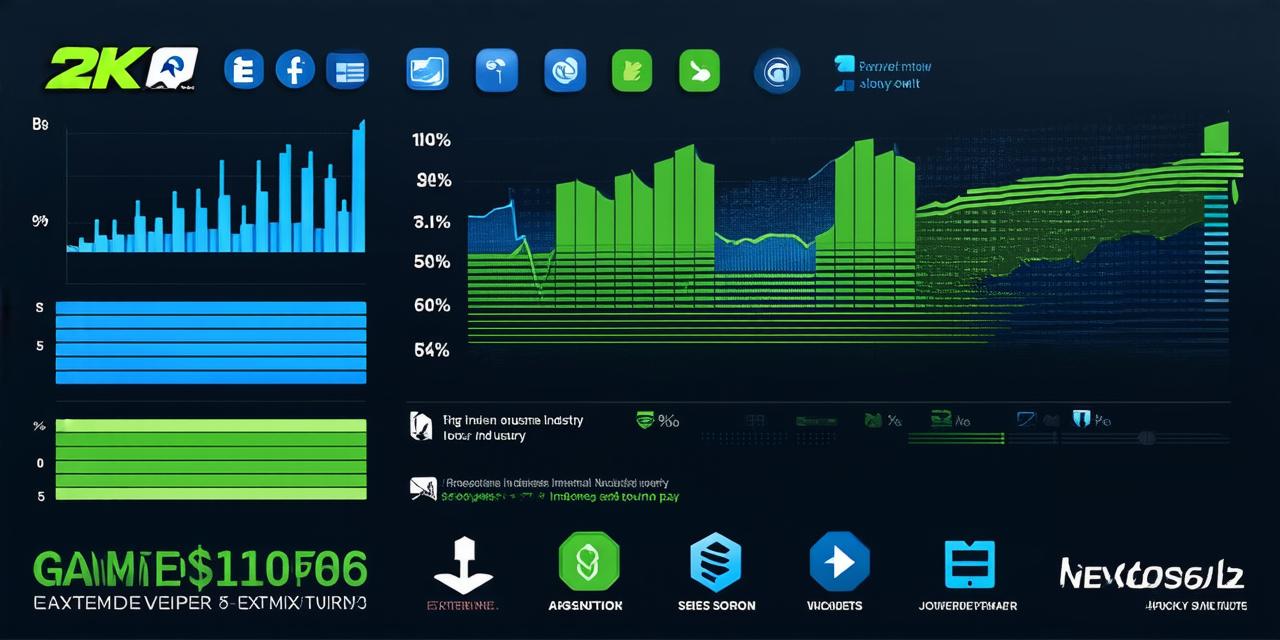Introduction
The game development industry is growing rapidly, and with it comes the demand for skilled professionals to create engaging and immersive gaming experiences. As a result, many people are interested in pursuing careers in game development, but one of the most important questions they have is what is a game developer’s salary? In this article, we will explore the various factors that influence a game developer’s salary and provide you with a comprehensive guide to understanding compensation for game development professionals.
Factors Affecting Game Developer Salary
There are several factors that can affect a game developer’s salary, including their level of experience, education, location, job role, and the company they work for. Let’s take a closer look at each of these factors.
Level of Experience
One of the most significant factors that can impact a game developer’s salary is their level of experience. Entry-level positions in game development typically require little to no experience, but salaries for these roles are lower than more experienced professionals. On the other hand, senior game developers with years of experience can command higher salaries due to their expertise and knowledge in the field.
Education
Another factor that can affect a game developer’s salary is their education. Individuals with a bachelor’s or master’s degree in game development or a related field may have an advantage when it comes to securing higher-paying jobs. However, some game developers are self-taught and still manage to secure well-paying positions based on their skills and experience.
Location

The location where a game developer works can also influence their salary. Game development salaries vary widely depending on the city or country in which the position is located. For example, game developers in Silicon Valley are typically paid higher salaries than those working in less affluent areas.
Job Role
The specific job role of a game developer can also affect their salary. Some game development roles, such as lead game designer or technical artist, may pay higher salaries than other positions like junior programmer or quality assurance tester. However, it’s important to note that salary ranges for each role can vary depending on the company and location.
Company Size
The size of the company a game developer works for can also impact their salary. Large game development companies, such as EA or Ubisoft, typically have more resources to offer higher salaries than smaller studios. However, smaller studios may offer more creative freedom and opportunities for advancement, which can be attractive to some game developers.
Salary Ranges for Game Developers
Now that we’ve discussed the factors that affect a game developer’s salary let’s take a look at some typical salary ranges for different job roles within the industry.
Entry-Level Game Developer
For entry-level game developers with little to no experience, salaries can range from $40,000 to $60,000 per year. However, these numbers can vary depending on factors such as location and job role.
Junior Programmer
Junior programmers with some experience in game development can expect to earn salaries ranging from $60,000 to $80,000 per year. Again, these numbers can vary depending on factors such as location and job role.
Senior Game Designer
Senior game designers with many years of experience in the field can command salaries ranging from $90,000 to $120,000 per year. However, these numbers can also vary depending on factors such as location and company size.
Technical Artist
Technical artists responsible for creating 3D models and textures in games can earn salaries ranging from $60,000 to $80,000 per year. Again, these numbers can vary depending on factors such as location and job role.




